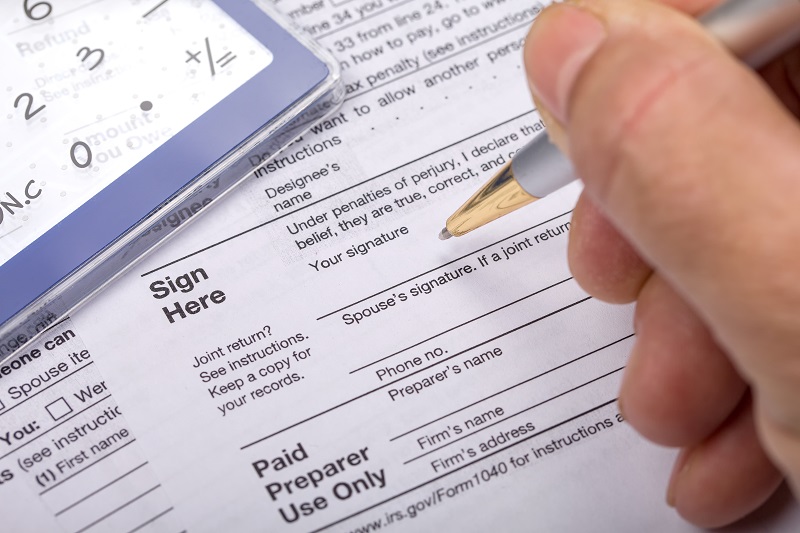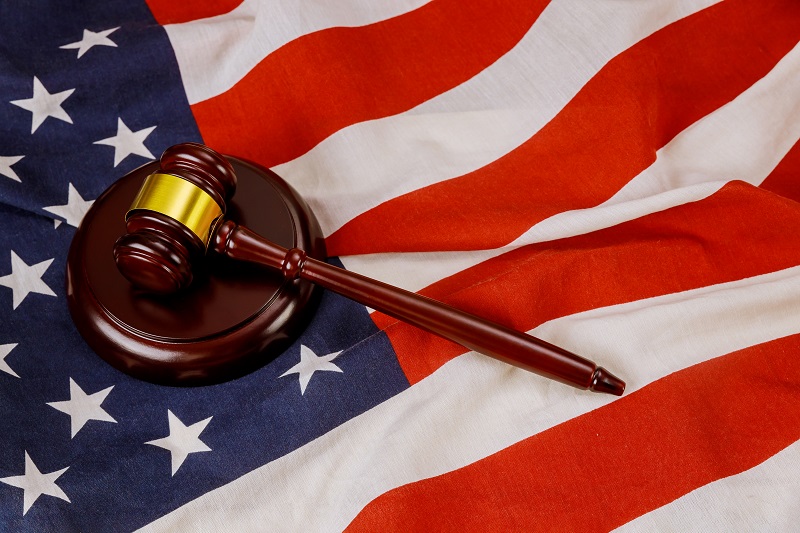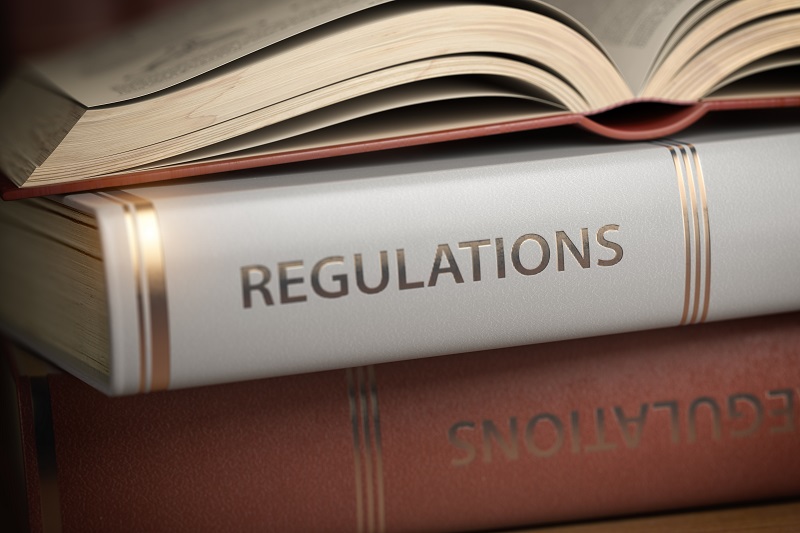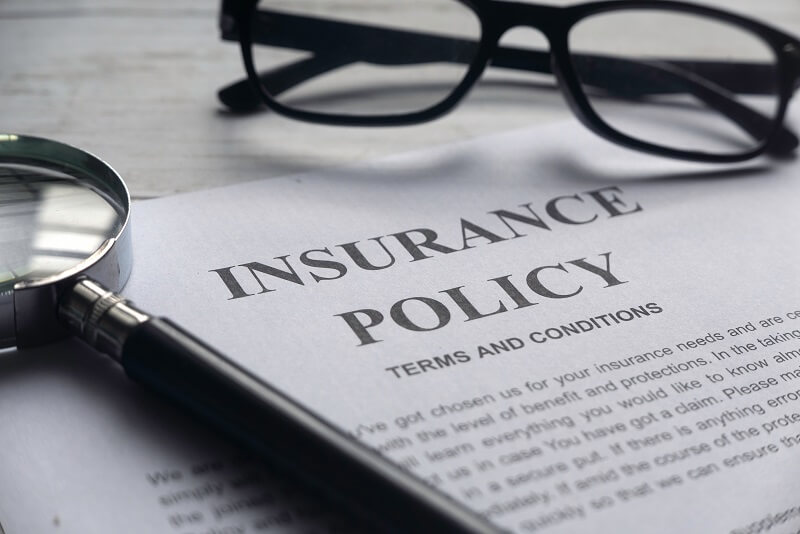If you’re considering starting a credit repair business in Virginia, it’s crucial to have a solid understanding of the legal landscape. Our article provides a detailed introduction to the laws and regulations that will shape your business journey in the state.
Create a Business Plan

Outline your goals, target market, competition, marketing strategies, and financial projections.
Here are some steps to guide you:
Executive Summary:
This should be a brief summary of your business plan, highlighting the purpose of the business, target market, and unique selling proposition.
Market Analysis:
Conduct thorough research on the credit repair industry in Virginia. Analyze the size of the market, the competition, and the regulatory environment. Identify the specific market niche you want to serve.
Services and Pricing:
Define the specific credit repair services you will offer, including credit analysis, credit report disputes, and credit counseling. Determine your pricing strategy, including how you will charge for your services.
Marketing and Sales:
Develop a comprehensive marketing and sales strategy to promote your business. Identify your target audience and the best channels to reach them, including social media, email marketing, and advertising.
Operations and Management:
Outline the day-to-day operations of your credit repair business, including staffing, customer service, and payment processing. Define the roles and responsibilities of each team member.
Financial Projections:
Create a detailed financial plan, including your startup costs, projected revenue, and expenses. Develop a cash flow analysis and identify potential sources of financing.
Legal Considerations:
Comply with all legal requirements for starting a credit repair business in Virginia. Consult with an attorney to ensure that your business plan is legally sound and that you have the appropriate licenses and permits.
Choose a Business Name

Pick a name that reflects your services and is easily identifiable. Check the Virginia State Corporation Commission’s business name database to ensure your desired name is available.
Here are some tips to help you choose a good business name:
- Keep it Simple and Easy to Remember: Choose a name that is easy to pronounce and remember. Avoid using complicated or difficult-to-spell words.
- Reflect on Your Business: Your business name should reflect the nature of your business. Consider using words that convey trust, expertise, and professionalism.
- Avoid Generic Names: Avoid using generic names like “Credit Repair Services” or “Virginia Credit Repair.” Choose a name that is unique and memorable.
- Consider Your Target Audience: Consider your target audience and choose a name that resonates with them. Think about what they are looking for in a credit repair company and how you can best communicate that in your business name.
- Check for Availability: Make sure the name you choose is available and not already trademarked or used by another business in Virginia.
- Get Feedback: Get feedback from friends, family, or potential customers to see how they perceive your business name. This can help you gauge the effectiveness of your name and make any necessary adjustments.
Register Your Business

You will need to register your business with the Virginia State Corporation Commission. Choose a legal structure (e.g., sole proprietorship, partnership, LLC, or corporation) and complete the necessary paperwork.
To register your business with the Virginia State Corporation Commission (SCC), you will need to follow these steps:
Visit the Virginia SCC Website:
Navigate to the Virginia State Corporation Commission’s website.
Access the Clerk's Information System (CIS):
From the SCC homepage, click on “Clerk’s Information System” under the “Online Services” menu, or go directly to the CIS.
Create an Account:
If you don’t have an account, click on “Create an Account” on the CIS homepage and provide the necessary information to create a new user account. You will need to verify your email address before you can proceed.
Log in to Your Account:
After verifying your email and setting your password, log in to your account on the CIS website.
Choose the Appropriate Legal Structure:
Once logged in, you can start the business registration process by selecting the legal structure you wish to register under, such as a Limited Liability Company (LLC), Corporation, or other business entity types.
Complete the Registration Forms:
Fill out the appropriate registration forms, which will vary depending on the legal structure of your business. The forms will require information such as your business name, purpose, registered agent information, principal office address, and other necessary details.
Pay the Filing Fee:
You will need to pay a filing fee when submitting your registration forms. The fees vary depending on the type of business entity you are registering. You can find the fee schedule on the SCC website.
Submit the Registration:
Once you have completed the required forms and paid the filing fee, submit your registration online through the CIS portal.
Obtain an EIN

Apply for an Employer Identification Number (EIN) from the Internal Revenue Service (IRS). This number is required for tax purposes and other legal filings.
To apply for an Employer Identification Number (EIN) from the Internal Revenue Service (IRS), you can follow these steps:
Determine Your Eligibility:
You can apply for an EIN if you have a business entity that requires one, such as a sole proprietorship, partnership, corporation, limited liability company (LLC), or non-profit organization.
Gather Necessary Information:
You will need to have your business name, business address, and your Social Security number or Individual Taxpayer Identification Number (ITIN) available.
Choose Your Application Method:
You can apply for an EIN online, by mail, by fax, or by phone. The online application is the fastest and most convenient method.
Apply Online:
Go to the IRS website and select “Apply for an EIN Online.” Follow the instructions and answer the questions to complete the online application. You will receive your EIN immediately upon completion.
Apply by Mail, Fax, or Phone:
To apply by mail, complete Form SS-4 and mail it to the appropriate address listed on the form. To apply by fax, complete Form SS-4 and fax it to the appropriate number listed on the form. To apply by phone, call the IRS Business & Specialty Tax Line at 800-829-4933.
Receive Your EIN:
Once your application is processed, you will receive your EIN from the IRS. You can use your EIN immediately for most business purposes.
Note that there is no fee to apply for an EIN. If you have any questions or need assistance with the application process, you can contact the IRS Business & Specialty Tax Line at 800-829-4933.
Understand and Comply with State and Federal Laws

Familiarize yourself with state and federal laws that govern credit repair businesses, such as the CROA, Utah Credit Services Organizations Act, and the Fair Credit Reporting Act (FCRA).
The Federal laws regulating credit repair include:
Credit Repair Organizations Act (CROA):
This federal law regulates credit repair companies and prohibits them from engaging in deceptive practices, including making false claims about their services, charging upfront fees, and guaranteeing results.
Fair Credit Reporting Act (FCRA):
This FCRA federal law regulates credit reporting agencies and provides consumers with the right to access their credit reports, dispute inaccurate information, and protect their credit privacy.
Fair Debt Collection Practices Act (FDCPA):
This federal law regulates debt collectors and prohibits them from engaging in abusive or unfair practices, such as harassment, misrepresentation, and use of false threats.
Truth in Lending Act (TILA):
This federal law regulates consumer credit and requires lenders to disclose the terms and conditions of credit, including the interest rate, fees, and repayment terms.
Equal Credit Opportunity Act (ECOA):
This federal law prohibits discrimination based on race, color, religion, national origin, sex, marital status, age, or receipt of public assistance in extending credit.
Credit repair companies must comply with these federal laws and regulations, as well as state-specific laws when providing credit repair services to consumers. Failure to comply with these laws can result in legal action and penalties.
The Virginia Credit Services Businesses Act is a set of laws that govern the operation of credit services businesses in the state of Virginia. The purpose of the act is to protect consumers from fraudulent, deceptive, or otherwise harmful practices by credit services businesses. This act outlines the requirements and regulations that credit services businesses must adhere to in order to operate legally within the state.
The Act typically covers topics such as :
Licensing and Registration Requirements:
Credit services businesses must obtain a license and register with the state to operate legally. This ensures that the state can monitor and regulate these businesses to protect consumers.
Disclosure Requirements:
Credit services businesses are required to provide clear and accurate information to consumers about their services, fees, and any associated risks. This transparency enables consumers to make informed decisions when choosing a credit services provider.
Prohibited Practices:
The Act outlines certain practices that are considered harmful or deceptive to consumers, such as charging upfront fees before providing services, making false or misleading claims, or engaging in other unethical business practices.
Enforcement and Penalties:
The Act also provides for enforcement actions by the state, including investigations, fines, and penalties for businesses that fail to comply with the regulations.
Purchase a Surety Bond: Virginia requires credit repair businesses to obtain a surety bond in the amount of $100,000. This bond serves as a financial guarantee to protect your clients in case your business fails to meet its obligations.
Virginia does require a surety bond. Additionally, the bond shall be maintained for two years following the date on which the credit services organization ceases to conduct business in Virginia.
The required bond amount should be no less than $5,000 or more than $50,000.
Set up a Trust Account

As a credit repair business, you are required to maintain a separate trust account for clients’ funds. This account should be separate from your business’s operating account.
Here are the steps to set up a trust account:
Choose a Bank:
Choose a reputable bank or credit union that offers trust accounts. You will need to provide documentation that shows that you are legally permitted to operate a trust account.
Obtain a Tax ID number:
Obtain a Tax ID number for the trust account from the Internal Revenue Service (IRS).
Open the Account:
Open the trust account in the name of your credit repair business. Be sure to provide all required documentation, including your business registration documents, your Tax ID number, and your identification.
Fund the Account:
Fund the trust account with the required initial deposit. This will vary depending on the bank or credit union you choose.
Keep Accurate Records:
Keep accurate records of all transactions related to the trust account. This includes deposits, withdrawals, and any fees associated with the account.
Comply with Regulations:
Ensure that you comply with all state and federal regulations related to trust accounts. This includes providing regular statements to your clients and maintaining appropriate accounting records.
Obtain Legal Advice:
Consult with an attorney who is knowledgeable about trust accounts to ensure that you are meeting all legal requirements.
By setting up a trust account, you can protect your clients’ funds and maintain their trust in your business. It is an important step to take for any credit repair business in Virginia.
Establish a Physical Office Location

Virginia law requires that credit repair businesses maintain a physical office location within the state.
Establishing a physical office location for your credit repair business in Virginia can help you project a professional image and provide a space to meet with clients. Here are the steps to follow:
Determine Your Needs:
Consider the size of the office you need based on the number of staff members, equipment, and furnishings required. Determine your budget for rent, utilities, and other expenses.
Find a Location:
Search for commercial properties in Virginia that meet your needs and budget. Consider factors such as location, accessibility, parking, and proximity to your target market.
Negotiate a Lease:
Negotiate a lease agreement with the property owner that meets your needs. Ensure that the lease agreement includes all necessary terms and conditions, such as the length of the lease, rent, security deposit, and other fees.
Obtain Necessary Permits and Licenses:
Obtain any necessary permits and licenses required to operate a business in Virginia. This may include a business license, zoning permit, and occupancy permit.
Furnish and Equip the Office:
Furnish and equip the office with furniture, computers, phones, and other necessary equipment. Ensure that the office is comfortable and professional-looking.
Set up Utilities and Services:
Set up utilities and services for the office, such as electricity, water, internet, and phone service.
Advertise Your New Location:
Once your office is set up, advertise your new location to your clients and prospects. Update your website, social media accounts, and other marketing materials to reflect your new location.
By establishing a physical office location for your credit repair business in Virginia, you can provide a professional and convenient space for clients to meet with you and your staff. It can also help you establish a presence in the local community and attract new clients.
Develop a Client Agreement

Create a written agreement outlining the terms and conditions of your credit repair services. This agreement must comply with the Virginia Credit Services Businesses Act and the federal Credit Repair Organizations Act (CROA).
- Every contract between a consumer and a credit services business for the purchase of the services of the credit services business shall be in writing, dated, signed by the consumer, and shall include all of the following:
- A conspicuous statement in size equal to at least ten-point bold type, in immediate proximity to the space reserved for the signature of the consumer as follows:
“You, the buyer, may cancel this contract at any time prior to midnight of the third business day after the date of the transaction. See the attached notice of cancellation form for an explanation of this right.”; - The terms and conditions of payment, including the total of all payments to be made by the consumer, whether to the credit services business or to some other person;
- A complete and detailed description of the services to be performed and the results to be achieved by the credit services business for or on behalf of the consumer, including all guarantees and all promises of full or partial refunds and a list of the adverse information appearing on the consumer’s credit report that the credit services business expects to have modified;
- The principal business address of the credit services business and the name and address of its agent in this Commonwealth authorized to receive service of process;
- A statement asserting the buyer’s right to proceed against the bond or letter of credit required under § 59.1-335.4; and the name and address of the surety company which issued the bond, or the name and address of the bank which issued the letter of credit.
- A conspicuous statement in size equal to at least ten-point bold type, in immediate proximity to the space reserved for the signature of the consumer as follows:
- The contract shall be accompanied by a completed form in duplicate, captioned “NOTICE OF CANCELLATION,” which shall be attached to the contract and easily detachable, and which shall contain in at least ten-point bold type the following statement:
- A copy of the fully completed contract and all other documents the credit services business requires the consumer to sign shall be given by the credit services business to the consumer at the time they are signed.
- The contract shall be accompanied by a completed form in duplicate, captioned “NOTICE OF CANCELLATION,” which shall be attached to the contract and easily detachable, and which shall contain in at least ten-point bold type the following statement:
Comply with Advertising Regulations

Your marketing materials should comply with state and federal regulations. Avoid making false or misleading claims, and clearly disclose your fees and terms of service.
To comply with advertising regulations for credit repair in Virginia, you need to follow certain rules and guidelines. Here are some best practices to follow:
Avoid Deceptive Advertising:
Ensure that your advertising is truthful and not misleading. Do not make false or exaggerated claims about your services or results.
Disclose Fees and Terms:
Disclose all fees and terms associated with your credit repair services. This includes any fees charged upfront, ongoing fees, and fees for any additional services.
Do Not Guarantee Results:
Do not guarantee that you can improve a client’s credit score or remove negative information from their credit report. This is against the law and can result in penalties.
Provide Required Disclosures:
Provide all required disclosures in your advertising, including the fact that you are a credit repair organization and that clients have certain rights under federal and state law.
Follow Federal and State Regulations:
Ensure that your advertising complies with all federal and state regulations related to credit repair, such as the Credit Repair Organizations Act (CROA) and the Virginia Consumer Protection Act.
Maintain Records:
Keep records of all advertising materials, including print and electronic ads, to demonstrate compliance with advertising regulations.
Seek Legal Advice:
Consult with an attorney who is knowledgeable about credit repair advertising regulations to ensure that your advertising is compliant.
By following these best practices, you can ensure that your credit repair advertising is compliant with Virginia regulations and avoid potential penalties.
Stay Informed About Industry Regulations

Keep yourself updated on changes in credit repair laws and regulations. Attend industry conferences, join professional organizations, and follow reputable sources for news and updates.
Here are some best practices to stay informed:
Follow State and Federal Agencies:
Follow state and federal agencies that regulate the credit repair industry, such as the Virginia State Corporation Commission and the Federal Trade Commission. Sign up for their email newsletters and follow them on social media.
Attend Industry Events:
Attend industry events, such as conferences and trade shows, to learn about the latest developments in the credit repair industry and regulatory changes.
Join Industry Associations:
Join industry associations, such as the National Association of Credit Services Organizations (NACSO) and the National Association of Consumer Advocates (NACA), to stay up-to-date on industry news and regulations.
Read Industry Publications:
Read industry publications, such as Credit Repair Business News and Credit Repair Cloud, to stay informed about industry trends, best practices, and regulatory changes.
Consult with Experts:
Consult with experts, such as attorneys and accountants, who specialize in credit repair regulations to ensure that your business is compliant with all state and federal regulations.
Network with Peers:
Network with other credit repair professionals to exchange information and learn about industry developments.
By staying informed about industry regulations for credit repair in Virginia, you can ensure that your business is compliant and well-positioned for success.
Obtain Business Insurance

Consider obtaining general liability insurance and professional liability insurance to protect your business from potential legal claims.
Here are some of the different types of business insurance to consider:
Professional Liability Insurance:
Also known as errors and omissions insurance, this coverage protects your business if a client alleges that you made an error or omission in providing credit repair services.
General Liability Insurance:
This coverage protects your business from third-party claims for bodily injury, property damage, and advertising injury.
Cyber Liability Insurance:
This coverage protects your business from cyber threats, such as data breaches, cyber-attacks, and other computer-related risks.
Business Property Insurance:
This coverage protects your business property, including your office, equipment, and inventory, from damage or loss due to fire, theft, or other covered events.
Business Interruption Insurance:
This coverage provides financial protection if your business is unable to operate due to a covered event, such as a natural disaster or a loss of power.
Workers' Compensation Insurance:
This coverage provides benefits to employees who suffer work-related injuries or illnesses, including medical expenses and lost wages.
Commercial Auto Insurance:
This coverage protects your business vehicles, such as cars, vans, or trucks, from damage or loss due to accidents, theft, or other covered events.
The types of business insurance you need may vary depending on the size and nature of your credit repair business. It is recommended to consult with an insurance professional to determine which types of coverage are appropriate for your business.
Ready to start your credit repair business in Virginia?
Make sure you are informed and compliant with the latest state laws.
Click now to learn more.
Now that you have a clear understanding of the laws and regulations surrounding credit repair businesses in Virginia, you’re well-equipped to launch your own venture. Stay updated with any changes in the legal landscape and build a successful credit repair business in the state.
Bonus: Now that you have read this article, why not take your new skill and start your own credit business helping others? We have free training that can help you do just that.

